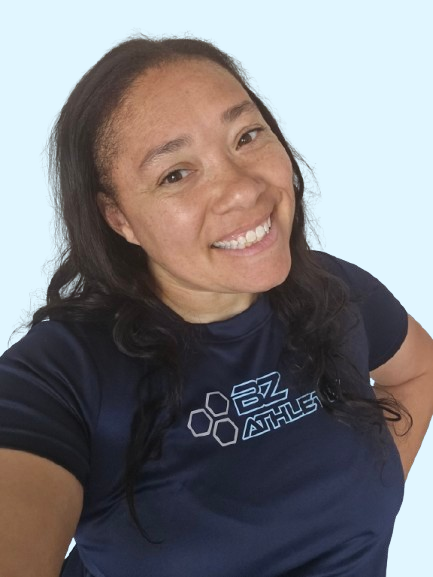How Athletes Can Optimize Their Game Preparation
Preparing for Peak Performance: How Athletes Can Optimize Their Game Preparation
Regardless of their sport, athletes strive for peak performance during games and practices. Preparation goes beyond physical training; it encompasses mental readiness, nutrition, recovery, and strategic planning. Here’s an itemized guide on how athletes can better prepare themselves:
- Physical Conditioning
- Tailored Training Regimen: Develop a sport-specific training program that includes strength, endurance, agility, and flexibility exercises. This ensures that all aspects of physical fitness are addressed.
- Consistency: Regular, consistent training helps in building muscle memory and improving overall fitness levels. Consistency also reduces the risk of injuries.
- Mental Preparation
- Visualization Techniques: Visualize successful performance scenarios to build confidence and reduce anxiety. This mental rehearsal can improve focus and readiness.
- Mindfulness and Relaxation: Practices such as meditation and deep breathing exercises can help in managing stress and maintaining calm under pressure.
- Nutrition
- Balanced Diet: A diet rich in carbohydrates, proteins, healthy fats, vitamins, and minerals supports sustained energy levels and muscle recovery.
- Hydration: Proper hydration is crucial for optimal physical and cognitive function. Athletes should drink water consistently throughout the day and during training sessions.
- Rest and Recovery
- Adequate Sleep: Sleep is essential for recovery and performance. Aim for 7-8 hours of quality sleep per night to allow the body to repair and regenerate.
- Active Recovery: Incorporate light activities such as stretching, yoga, or swimming on rest days to promote blood flow and muscle recovery.
- Skill Development
- Technical Drills: Focus on drills that enhance the specific skills required for your sport. Repetition and practice of these drills lead to improved performance during games.
- Feedback and Analysis: Review game footage and practice sessions to identify areas for improvement. Constructive feedback from coaches and peers is invaluable.
- Strategic Planning
- Game Plan: Develop a strategic game plan based on the analysis of opponents and self-assessment. Understanding strengths and weaknesses helps in creating effective strategies.
- Goal Setting: Set clear, achievable goals for both short-term and long-term progress. This provides motivation and a sense of direction.
- Mental Toughness
- Resilience Training: Engage in activities that build resilience, such as challenging workouts or mental toughness exercises. Being able to push through discomfort is key to high performance.
- Positive Mindset: Cultivate a positive attitude and self-belief. Encourage self-talk that reinforces confidence and focus.
Some of these items may seem obvious but can often be overlooked by even the most focused athletes. By integrating these elements into their routine, athletes can significantly enhance their preparation for both games and practices. A holistic approach that balances physical, mental, and strategic aspects not only boosts performance but also promotes long-term athletic development and well-being.





